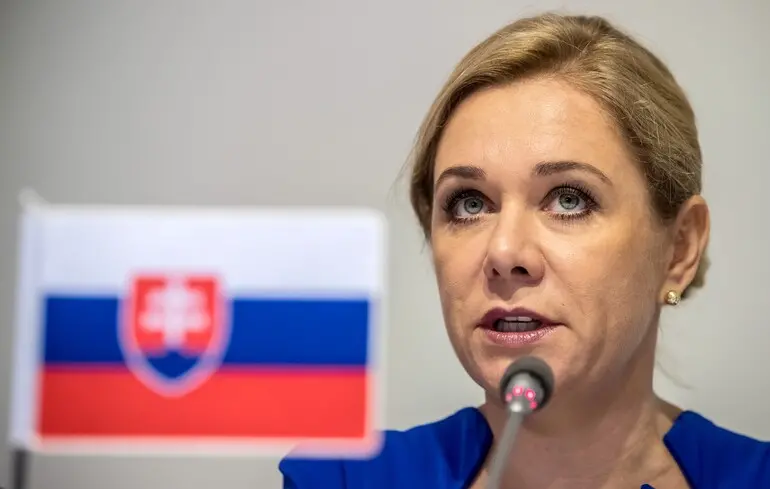Slovakia Resists US Pressure to Rapidly Cease Import of Russian Energy Resources

Amid ongoing geopolitical tensions and a mounting global energy crisis, Eastern European nations, particularly Slovakia, find themselves at a crossroads in their efforts to reduce dependency on Russian energy supplies.
The country’s Minister of Economy, Denisa Saková, explicitly stated that Slovakia would oppose pressure from Washington to swiftly cut off imports of Russian oil and gas.
She emphasized that currently, Slovakia lacks sufficient alternative sources of energy to make such a transition without risking serious economic repercussions.She further explained that creating robust infrastructure for new supply routes is crucial before making a complete shift away from Russian energy.
This stance aligns with broader European efforts to accelerate energy diversification.
During negotiations in Vienna with US Energy Secretary Chris Wray, Slovak officials reaffirmed their readiness to cease cooperation with Russia if adequate transportation conditions are established to ensure safe delivery of alternative fuels.
However, a total halt of imports remains a risky scenario since Slovakia is geographically positioned at the end of major supply corridors from the West.Historically, Slovakia’s dependence on Russian energy, especially oil and gas, has been significant.
Recent developments, including diversification initiatives such as importing about one-third of its oil via the Adriatic pipeline through the Balkan region and Hungary, as well as signing multiple contracts with Western gas suppliers, attest to efforts to reduce reliance.
Nonetheless, political circles around Prime Minister Robert Fico, known for his ties with Moscow and visits to Russia, view Russian supplies as strategically vital.Meanwhile, regional neighbors like Croatia are actively proposing alternative sourcing options, prompting a regional scramble for diversified energy routes.
Despite U.S.
promises to impose ‘serious’ sanctions if Europe acts similarly against Russia, skepticism persists regarding the actual impact of these threats, while Russian President Vladimir Putin continues to adopt increasingly bold stances in escalation efforts.

